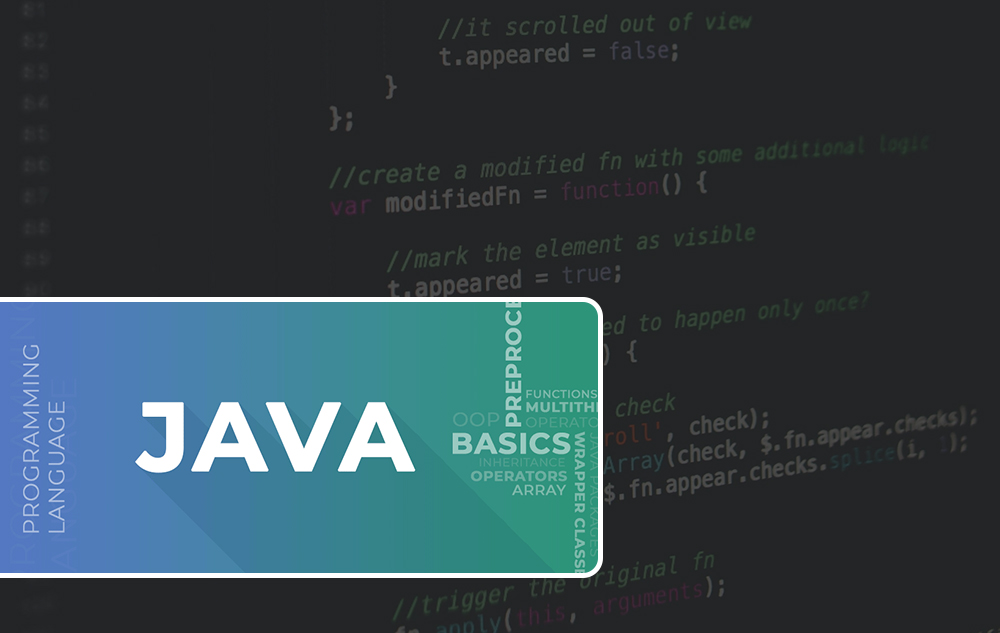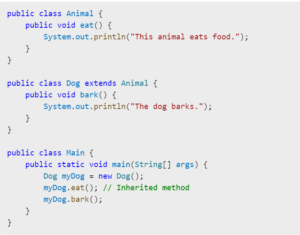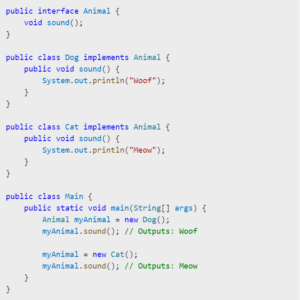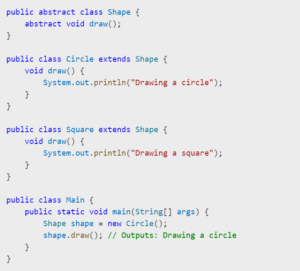Java Development
The Single Most Important Thing You Need To Know About JAVA DEVELOPMENT
- Written by
Monika - Posted on
January 2, 2025

Java, a versatile and widely-used programming language, has stood the test of time as a cornerstone of software development. Since its introduction in 1995, it has been adopted for various purposes, from building web applications to creating robust enterprise systems. For developers diving into Java or seeking to refine their expertise, it’s easy to get lost in the vast ecosystem. Frameworks, libraries, and tools abound, and opinions on the “most important thing” vary. However, at its core, the single most crucial aspect of Java development is understanding and applying object-oriented programming (OOP) principles effectively.
Java is inherently an object-oriented programming language. The language’s design, libraries, and frameworks are deeply intertwined with OOP principles. Understanding these principles goes beyond academic knowledge; they’re the foundation of writing efficient, maintainable, and scalable Java applications. Let’s delve into what makes OOP principles the heart of Java development:
Encapsulation refers to bundling data (fields) and methods that operate on the data into a single unit or class. It also means restricting direct access to some of the object’s components, which helps maintain control over the internal state of the object.
Example:

Encapsulation ensures the balance field is not directly accessible, allowing controlled modifications only through the provided methods.
Inheritance allows developers to create new classes based on existing ones, promoting code reuse and reducing redundancy.
Example:

Inheritance simplifies code and fosters a hierarchical structure, but overuse can lead to complex dependencies. Striking the right balance is key.
Polymorphism enables a single interface to represent different data types. It promotes flexibility and scalability in applications.
Example:

Polymorphism ensures the application can accommodate new types with minimal changes, enhancing its adaptability.
Abstraction focuses on exposing only the necessary details while hiding the implementation complexities. In Java, abstraction is achieved through abstract classes and interfaces.
Example:

Abstraction helps in managing complexity by defining clear boundaries and responsibilities within the code.
When your code adheres to OOP principles, it’s easier to debug, extend, and maintain. Encapsulation ensures that changes in one part of the application don’t inadvertently affect other parts.
Well-structured object-oriented applications are inherently scalable. As your application grows, new features can be added with minimal disruption to existing code.
Inheritance and abstraction promote code reuse, reducing development time and effort.
Object-oriented designs are intuitive and modular, making it easier for teams to collaborate. Developers can work on different classes or modules simultaneously without conflict.
While mastering OOP is the single most important thing for Java developers, the language and its ecosystem have evolved. To remain competitive, developers should also embrace:
Java’s success lies in its simplicity and power, underpinned by object-oriented principles. Whether you’re a novice or an experienced developer, understanding and applying OOP effectively is the most critical skill you can cultivate in Java development. By mastering these principles and embracing modern practices, you’ll be equipped to build robust, scalable, and maintainable applications that stand the test of time.
Take your business to new heights by offering unmatched mobility to your customers!


Privacy Policy I Terms & Conditions
© Algosoft Apps Technologies (P) Ltd. (CIN) U93030UP2015PTC075117
Share this article